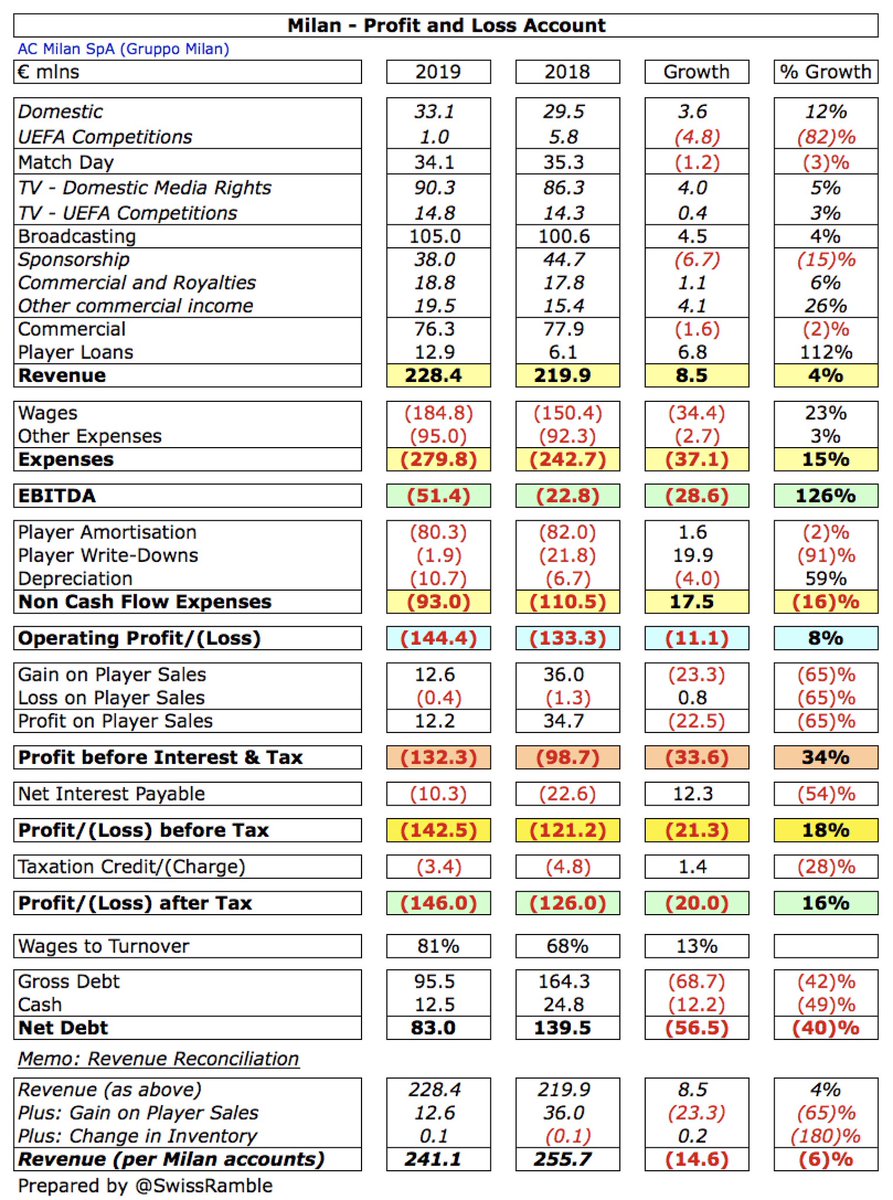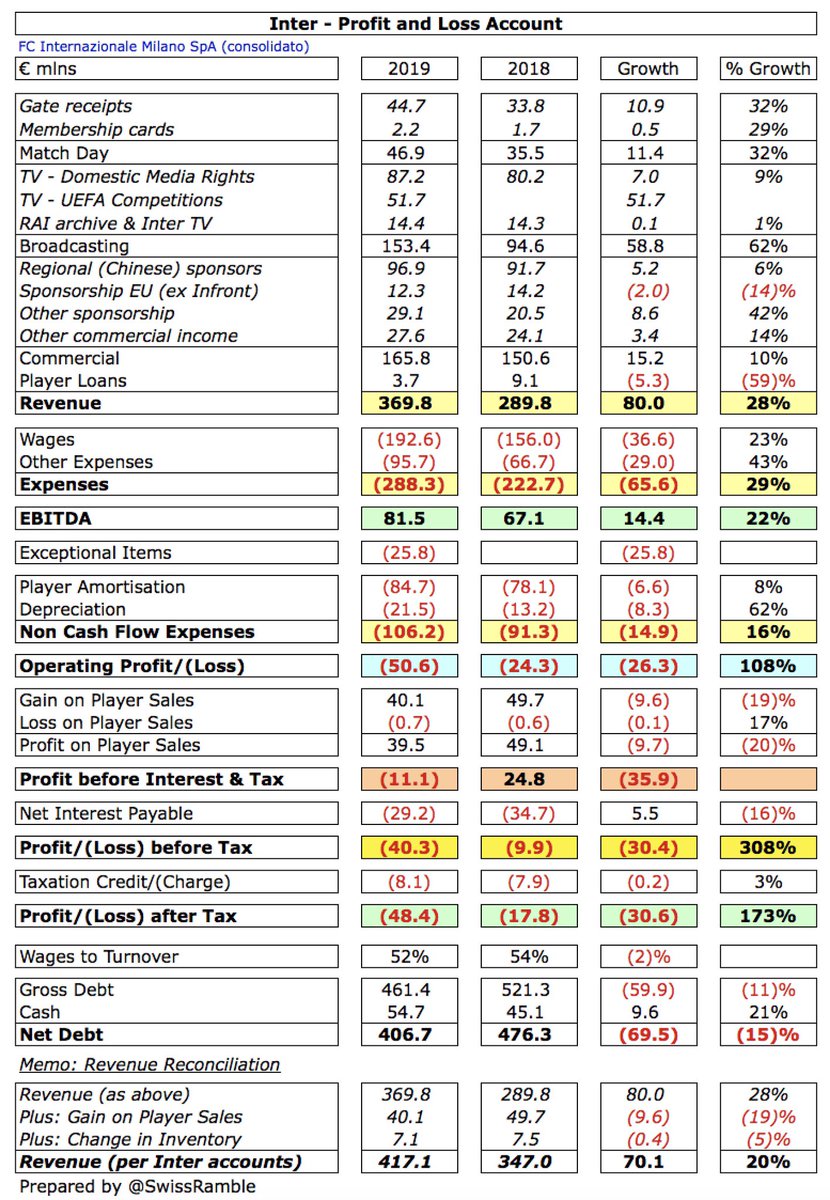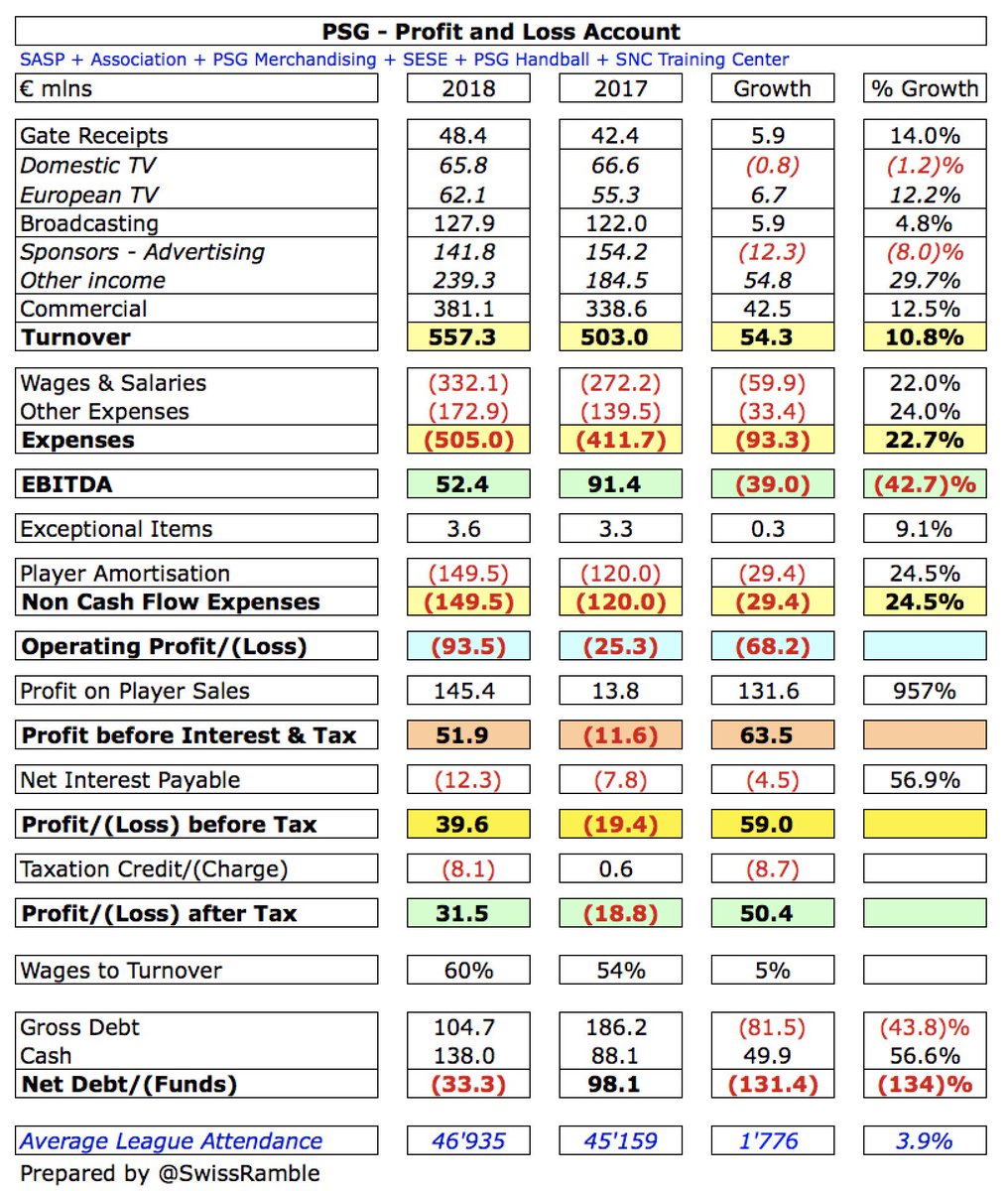i) For the 2004-05 season
ii) For the 2006-07 season
iii) Date was to be confirmed
- What should football's landscape look like
- How should clubs be run
- How do we want to watch
- How do we develop players and coaches
- What should be the community benefit











